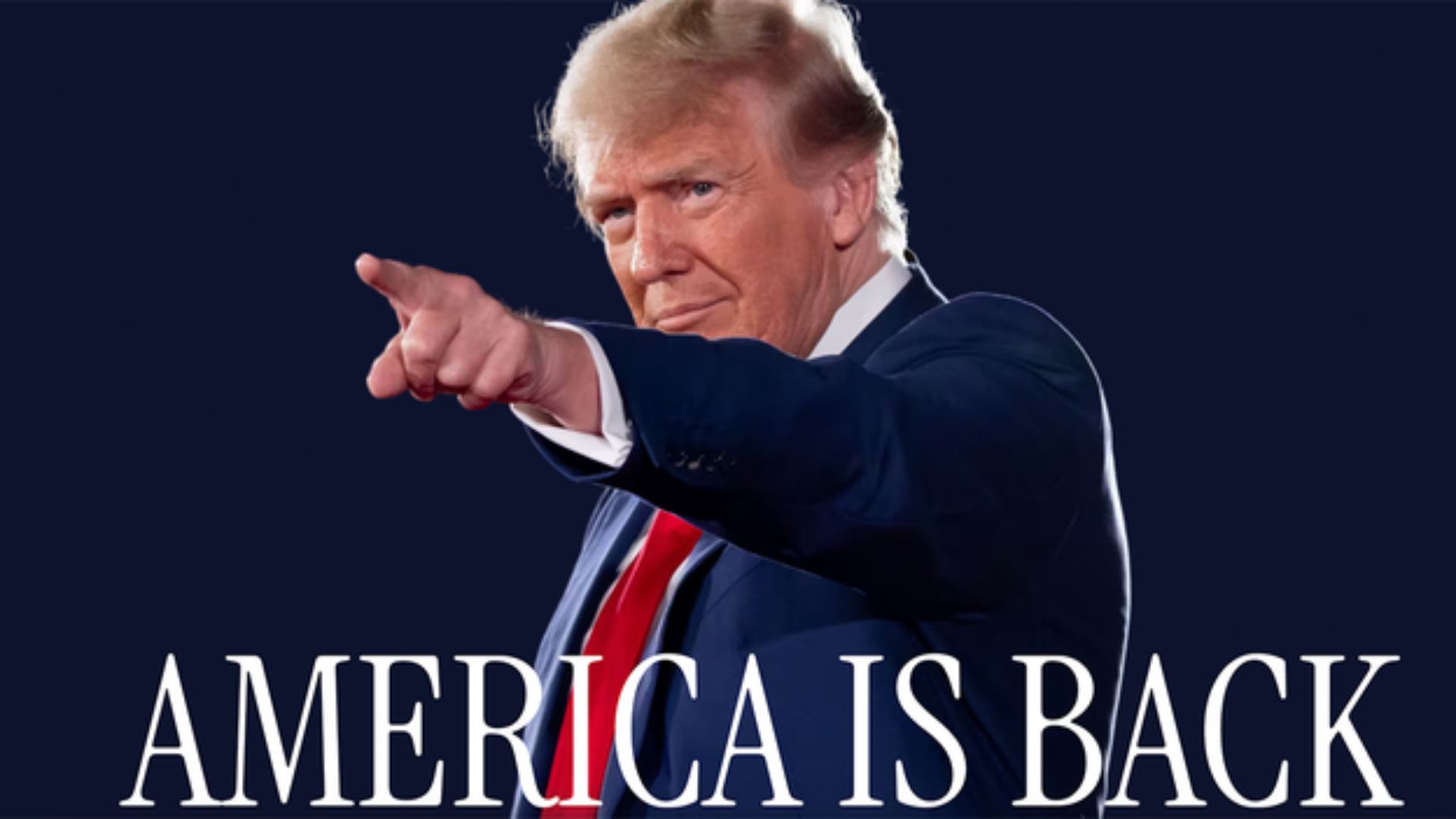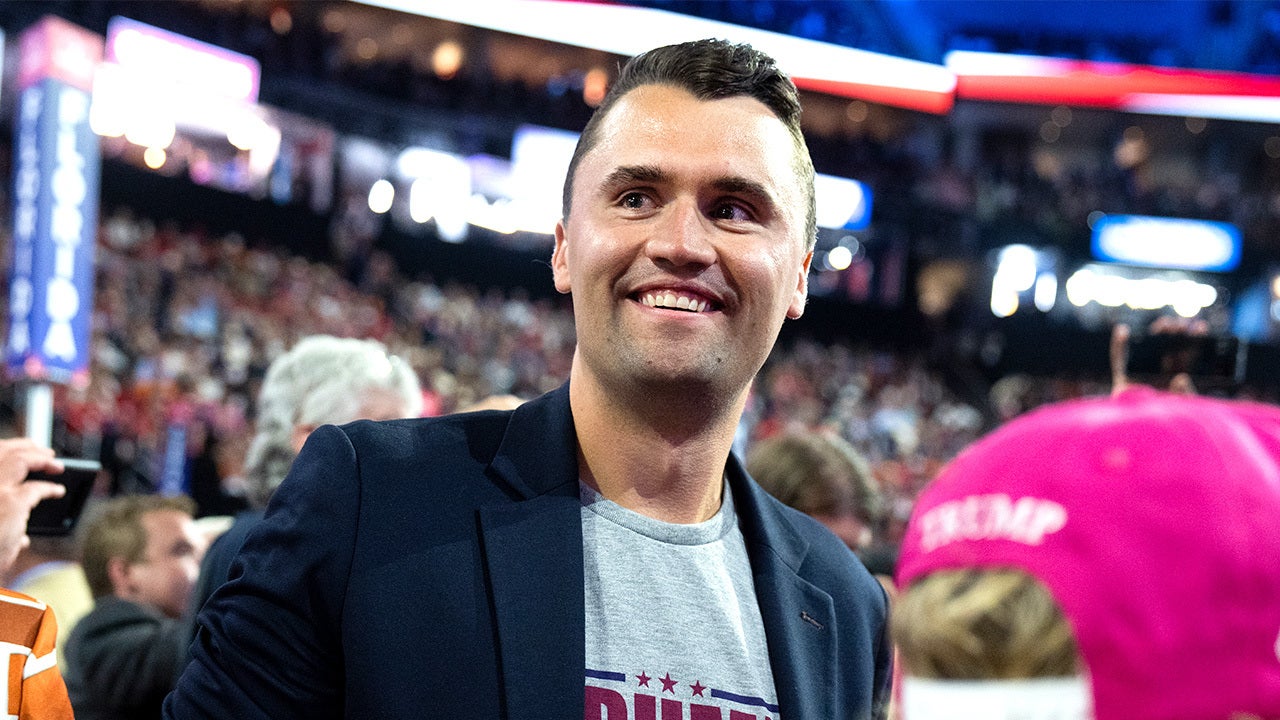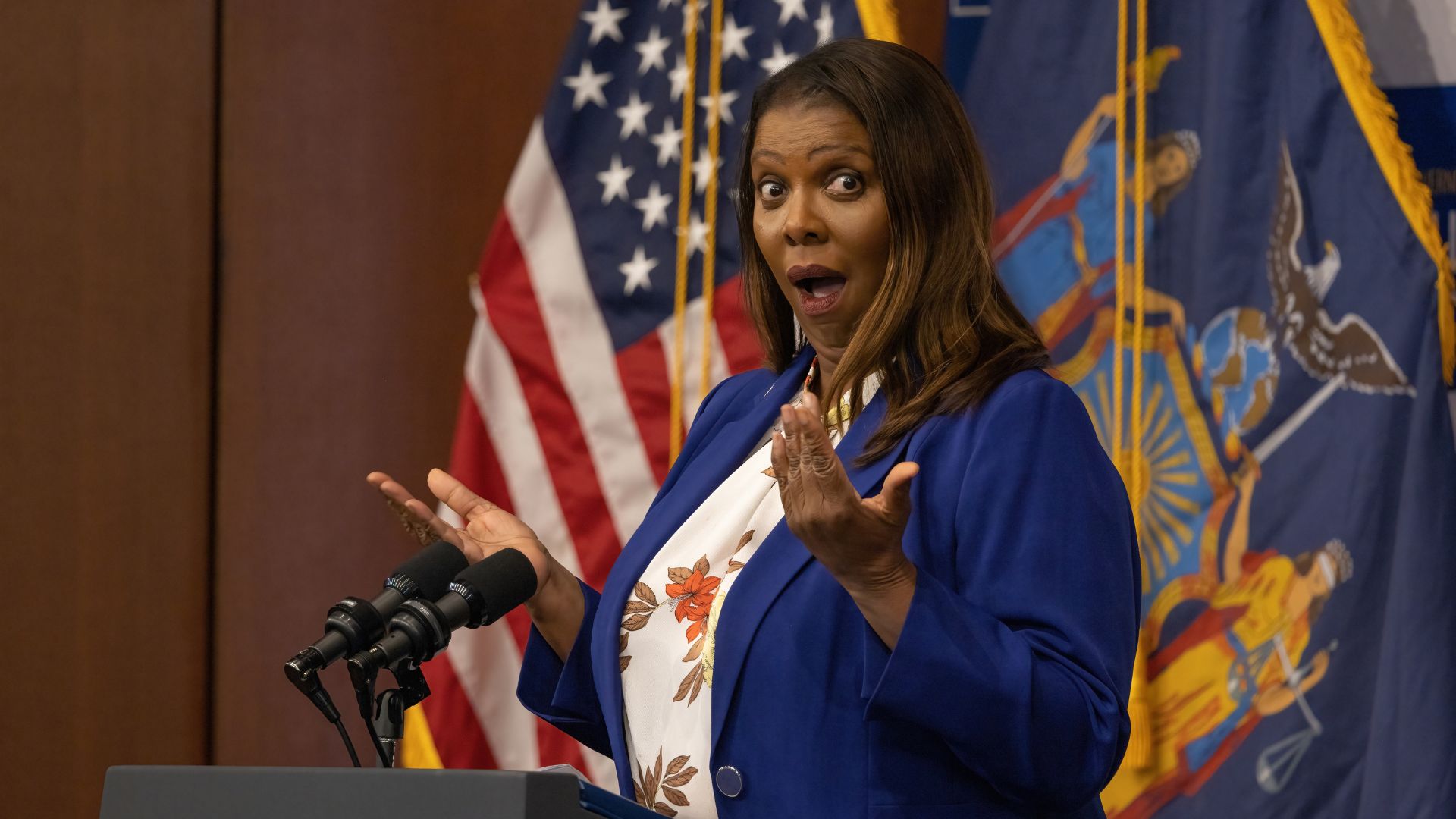The White House on Friday released a new update showcasing a major resurgence of U.S.-based investment, crediting President Donald Trump’s second-term economic policies for driving more than $5.2 trillion in finalized and pledged investments across a wide range of industries.
According to administration officials, the total includes investments tied to advanced manufacturing, artificial intelligence, pharmaceuticals, energy, and other key sectors.
The announcement emphasized what officials described as “The Trump Effect,” citing tariffs, trade policies, and efforts to re-shore industries as core factors behind the capital influx.
Trump’s Sovereign Wealth Fund: What Could It Mean For Your Money?
A graphic posted on the White House’s official social media accounts featured President Trump pointing upward beneath banners reading “The Trump Effect” and “$5.2 Trillion Total Investments Secured.”
The accompanying message stated, “While the haters hate, President Trump delivers.”
While the haters hate, President Trump delivers. $5.2 trillion in investments, locked in.
That’s the Trump Effect. 🤑🇺🇸 pic.twitter.com/V2fZ6da98S
— The White House (@WhiteHouse) April 25, 2025
This Could Be the Most Important Video Gun Owners Watch All Year
The breakdown of commitments includes major announcements from several multinational corporations.
Apple, NVIDIA, and SoftBank each pledged $500 billion in U.S. infrastructure and manufacturing investments.
Taiwan Semiconductor Manufacturing Company (TSMC) announced $100 billion for expanding chip production facilities inside the United States.
Pharmaceutical companies Johnson & Johnson, Eli Lilly, Novartis, and Roche collectively committed over $150 billion to research, development, and new facility expansions across the country.
The auto industry also featured prominently in the update.
Hyundai announced $21 billion in new U.S. investments, including plans for a steel plant in Louisiana.
Stellantis confirmed the reopening of its Belvidere, Illinois, facility with a $5 billion investment.
Additional capital is being directed toward aerospace, data infrastructure, and consumer goods sectors.
Beyond corporate activity, the White House pointed to major international commitments.
Officials reported that the United Arab Emirates has pledged $1.4 trillion in U.S. investments over the next decade.
Similar commitments from Saudi Arabia, Japan, and Taiwan collectively total over $2 trillion.
Administration officials attributed the wave of investment to a combination of tariffs on imported goods, a protectionist trade approach, and strategic deregulation measures.
They argued that these policies have incentivized both domestic and international entities to prioritize American markets and manufacturing.
The emphasis on rebuilding domestic industries marks a significant departure from decades of economic policy that often prioritized global supply chains and international market liberalization.
President Trump has repeatedly framed his approach as a necessary correction to decades of offshoring and economic dependence on rival nations.
While some critics have warned that the administration’s policies could lead to higher consumer prices or provoke retaliatory trade measures, White House officials maintain that the focus remains on achieving long-term economic strength and resilience rather than adhering to conventional globalist economic models.
With the 2026 midterm elections approaching, the White House appears positioned to make its economic record a central theme in upcoming campaigns, highlighting the scale of investment and job creation tied to its policies.
Connect with Vetted Off-Duty Cops to Instantly Fulfill Your Security Needs
Read the full article here







![Illegal Alien Shot Dead After Dragging ICE Agent With Vehicle in Chicago [WATCH] Illegal Alien Shot Dead After Dragging ICE Agent With Vehicle in Chicago [WATCH]](https://www.lifezette.com/wp-content/uploads/2025/07/2025.07.31-08.56-lifezette-688bd8975fa6f.jpg)


![Trump Announces National Guard Deployment to Two Blue Cities in Red States [WATCH] Trump Announces National Guard Deployment to Two Blue Cities in Red States [WATCH]](https://www.lifezette.com/wp-content/uploads/2025/08/2025.08.11-09.04-lifezette-6899b2373a67a.jpg)

